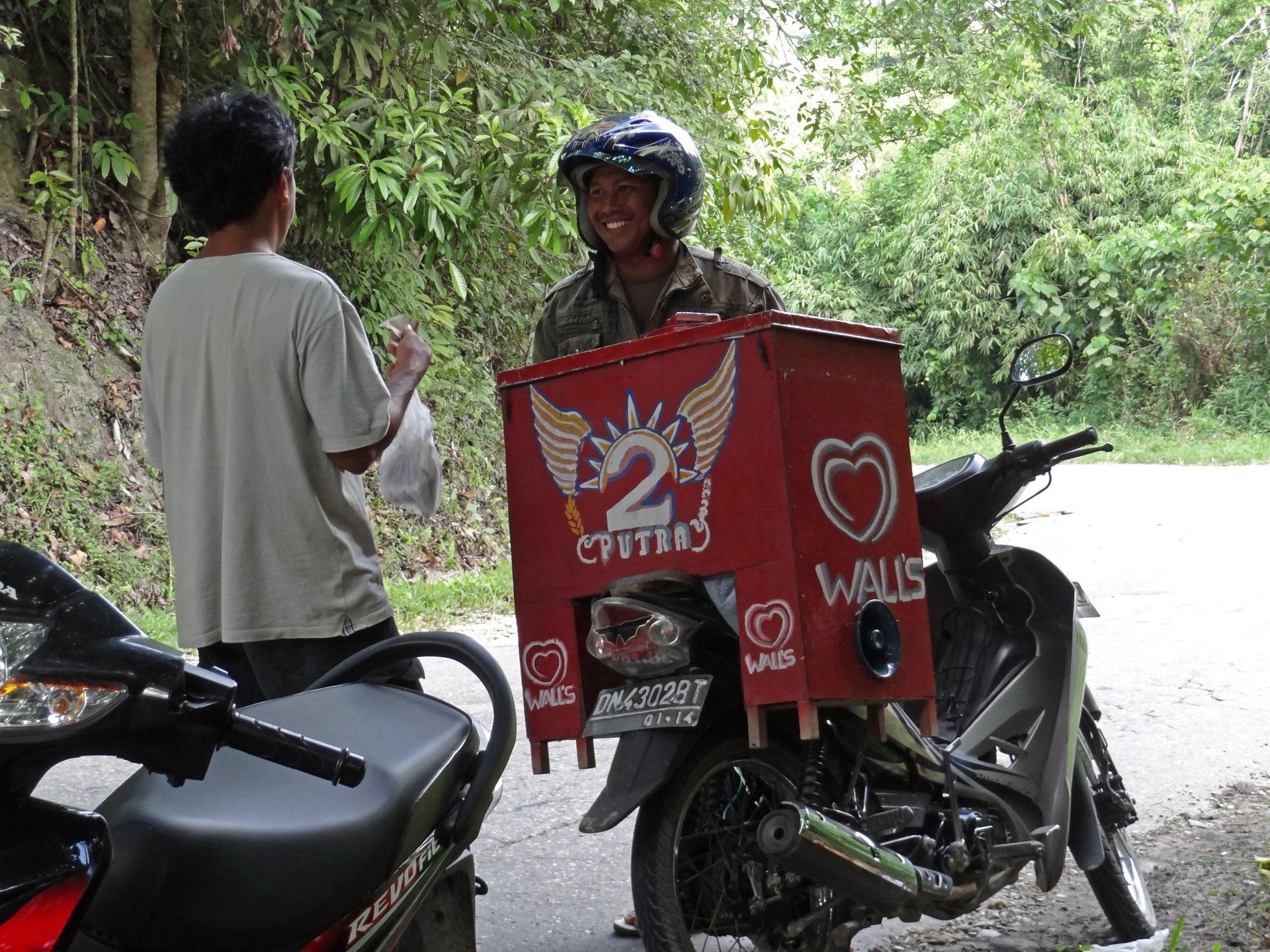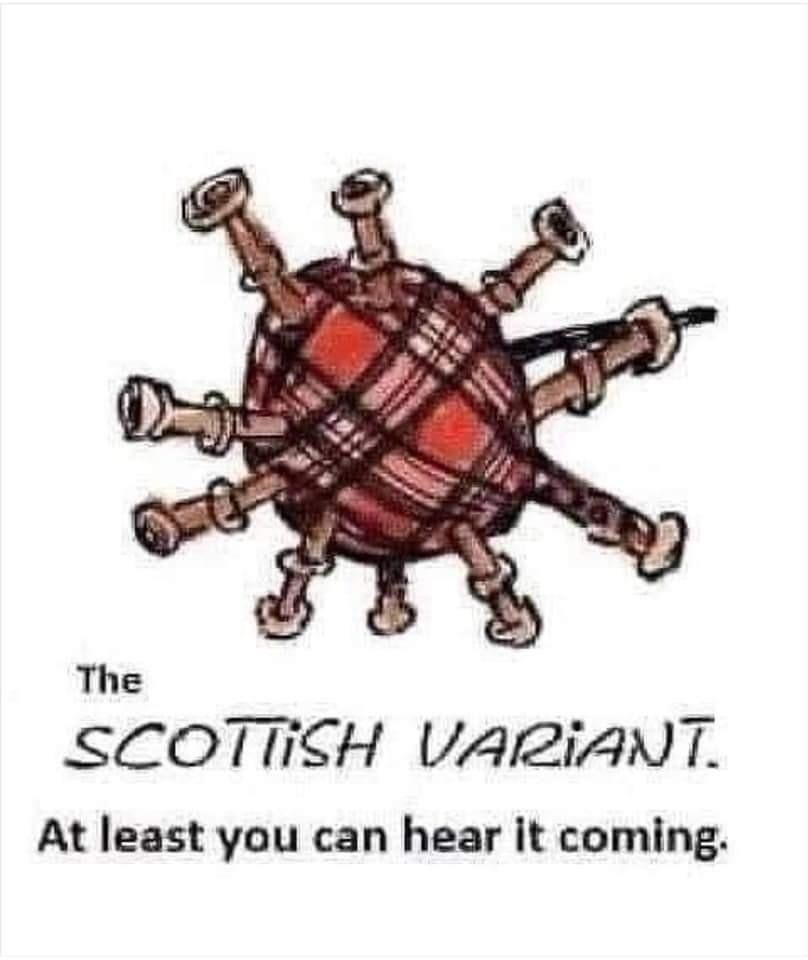Vaccine certificates and choices


Ten days into the traffic light system and I am getting accustomed to scanning my vaccine passport when I go into a variety of venues. I have put my Apple wallet app on the top screen of my phone to prevent the embarrassing hold-up when you are asked for your passport and have to trawl through a number of levels on your phone screen. Businesses are getting organised to have someone out the front to scan people, rather than dealing with them at the counter where you order and/or pay. There will be lots of jobs for students this summer; being a vaccine pass scanner might be a sinecure or might be a nightmare if people behave badly when asked for their pass.
The pros and cons of vaccine passports have been debated internationally over the last year, since vaccines became available. At an international level, I think there is less controversy about the need or requirements As a country we don’t want to be importing lots of cases of COVID-19, nor people who are more likely to get sick from COVID-19; most of us believe that vaccines reduce the likelihood of getting very sick and ill from COVID-19 and burdening the local health system. We can imagine that other countries are in the same situation. It doesn’t seem like a great imposition to have to demonstrate that you are vaccinated in order to travel internationally. From 17 November 2021, New Zealand required that people entering the country 17 or older be vaccinated. From 1 February 2022, everyone 18 or older travelling internationally on an Air New Zealand flight will be required to be vaccinated.
We are also accustomed to providing documentation in order to be allowed to travel internationally. You can’t travel without a standard passport. If you have visited a country that has yellow fever, proof of yellow fever vaccination is a requirement to go onto most other countries. There are other specific vaccine requirements for specific countries, and anyone who has travelled a lot in Asia or Africa will likely have chosen to get vaccinated against a variety of conditions including cholera, hepatitis, rabies, typhoid, polio.
Of course, it is always important to remember that, because we are accustomed to something happening, that doesn’t make it necessary or right. We tend to be far less questioning of situations that are already happening than we are of new situations, which is its own problem. It also means, as raised by my cousin recently, it can be a good idea to compare new situations with existing situations to question both simultaneously.
Some people in social media are comparing vaccine passports to the yellow Star of David that Jews were forced to wear during the Holocaust and Jacinda Ardern to Hitler. Vaccine passports can be seen to be discriminatory and segregating; they prevent people from working in particular jobs, going to social events, accessing a whole lot of services. Whether one likes Ardern or not, comparing her with Hitler would seem to be quite a long bow and I am struggling to think of many similarities. Jewish communities worldwide are outraged by the comparison but that is more about emotion than whether the logic is faulty, I would like to suggest.
Let’s look at the validity of one of the counter arguments (while noting the example of the Holocaust currently remains inappropriately extreme compared to the COVID situation), people argue that one can choose to be unvaccinated i.e. people in this case are ‘choosing’ to put stars on themselves, whereas Nazis put stars on Jews. In fact, a lot of the arguments about rights of the unvaccinated appear to hinge around the proposition that, because one can ‘choose’ vaccination, it is not inappropriately constraining. I am not sure that the role of ‘choice’ in terms of vaccination is so strong an argument. When people use the word ‘choice’ in this way, they blur over the complexities of choosing to be vaccinated, making it sound more like ‘choosing’ whether to eat an icecream or not.

All our choices are constrained to some degree, by our situation and by the very nature of ourselves. For example, if I was choosing to eat an icecream…seems like a simple choice, right? Do I feel like an icecream today or not? However, I had a high blood sugar reading 3 years ago so I have avoided foodstuffs with sugar (or sweeteners, but that requires a whole other explanation) since then. So the question of icecream isn’t simply about whether I feel like eating one. I have to choose whether I would like an icecream considering its impact on my long term health; can I ‘afford’ a sugary treat today because I am about to do exercise and I have had very little sugar during the week? Will choosing sugar today mean I will be more likely to choose something sugary tomorrow (the answer is almost certainly ‘yes’, because one’s taste buds get desensitised by sugar, wanting more sugar tomorrow than yesterday for the same hit).
When I have had debates with friends around whether people who are not vaccinated for COVID-19 should be denied, or have to pay for, COVID medical treatment (as has been enacted in Singapore), I have suggested that the argument logically extends to people being required to pay for any medical treatment which has been required because of their life choices. Why shouldn’t people who eat too much have to pay for treatment related to obesity? Or people who smoke pay for treatment related to emphysema, or cancer? I have been told that this would be unreasonable as overeating, or smoking, are addictions and therefore are not ‘choices’. So if I eat that icecream in the face of it being bad for me, it is quite excusable as I could be addicted to sugar and therefore not able to make a proper decision. But if someone doesn’t get vaccinated, we don’t take into account all the factors that have led them to this point in time and influence the choice they make today, many of which are outside of their control.
If people are choosing, or not choosing, vaccination in a considered way, it isn’t a ‘simple’ choice at all. There are vast rafts of information out there for people to sift through. How do they identify which information is correct, and which is incorrect? Which information they should listen to and which they shouldn’t listen to? We should listen to the health system, right? That’s the health system that told us 20 years ago that eating more than 1 egg a day is bad for us but now tells us that you can eat lots of eggs and it isn’t going to be a problem for your cholesterol. That’s the health system that prescribed thalidomide to pregnant women, who went on to have children whose limbs didn’t develop properly. Note here, I am not saying don’t trust the health system! I am simply saying, every system makes mistakes, every system provides information that is at times questionable, so following the health system’s advice blindly is not something that I could ever advocate that people do.
Ok, we should listen to the health system but still check out whether the health system advice makes sense. Where should we check? There are absolutely eye watering amounts of information out there on vaccines. You could read about vaccines, and COVID vaccines, all day and every day and still not get through all of it. How do you know which information to read? You could choose to read ‘scientific published papers’, which colloquially are seen to be the gold standard. But how do you know which publications are reputable and which are not? Can you tell from looking online which papers have been reviewed by peers and which have not and why that is important? Do you understand the difference between a published abstract and a published paper?
As someone who helps people write up science and research for a living, I think I have a reasonable feel for credibility because I am used to reading information from a wide variety of scientific disciplines, can scan information very rapidly, am accustomed to looking for logical flaws, and have an understanding of the nature of the peer review system and the publication systems. I can compare one piece of information with another fast, both information I already know and new pieces of information. So far, so good. But how many people are there that do what I do for a living (or a hobby!)? A maximum of a few hundred in New Zealand. Most people who engage with science and research do it in a relatively limited area of knowledge, and have a lot more tasks at hand than reading and digesting information.
I am not trying to ‘diss’ the ability of the general population to assess information regarding COVID here, I am just saying it is really, really difficult. The quantum of information to sift through is so vast that you can’t assess it all. It is very hard to know which information is valid and which is not. Not to mention that, many valid scientific publications are hidden behind pay-for walls because that’s how scientific journals make money. So the general public can’t even access the most thoroughly reviewed information, they are reliant on media reading it and telling them about it. You might hope that doctors would read it, but unfortunately doctors are exceptionally busy people and they don’t have time to read all the evidence on everything either. You would hope that a doctor in a particular specialty area will be up to date with literature, but there is no chance a GP will be keeping up with every area of medicine and health.
In the end you have to come back to trusting those who you trust already, to provide the synthesis that you need. So your ‘choices’ become defined by the community in which you operate. Did you get to choose that community? Or was it chosen for you, at least in part, by life circumstances, in the way that most people are not going to choose poverty but birth, and happenstance of upbringing and luck, have significant bearing on where you end up on the wealth spectrum.
I remain of the opinion that vaccination is an essential tool in the communal toolbox for managing COVID-19. The government has used a variety of methods to ‘encourage’ people to get vaccinated to reduce rate of spread and hospital burden from COVID-19, and vaccination passports are one of these methods. There is going to come a time when all those who can be persuaded to get vaccinated will have been. Hopefully our government is keeping a watchful eye on when that time might have been reached, such that the use of vaccine passports will come to a natural conclusion. Just like with Civil Emergencies, we need stated and fixed review points for the longevity of the vaccine passport system, as fundamental to the traffic light system. I have a vague memory of there being a traffic light system review June 2022, but when I look online I cannot easily find a date. I really hope one exists.






